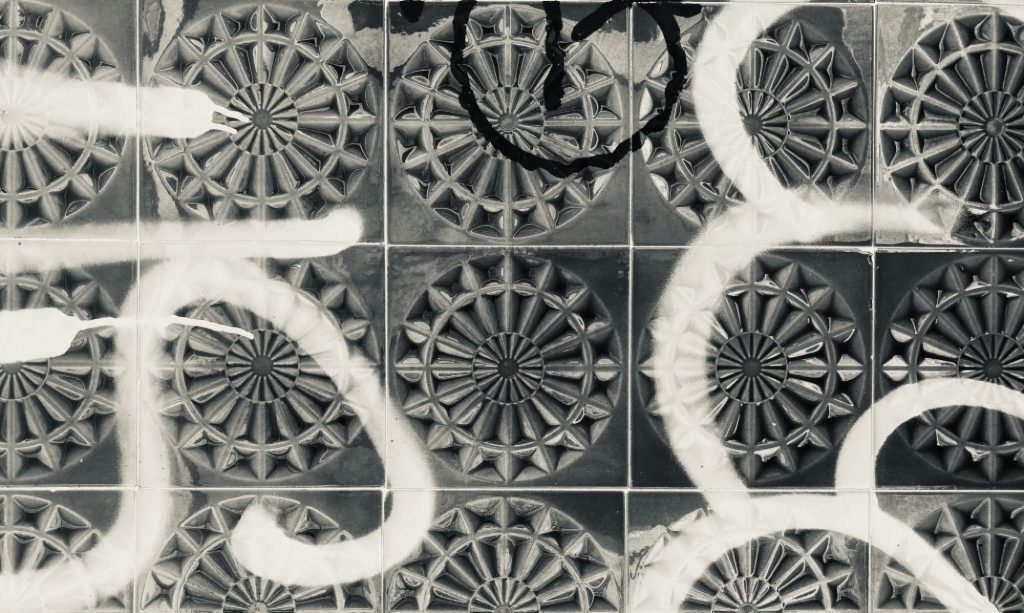This intervention proposes a peer-to-peer (P2P) feedback toolkit for academic staff, designed to promote inclusive professional learning cultures within the BA Product and Industrial Design course. The toolkit will support colleagues in articulating and receiving feedback aligned with their personal development goals (PDGs), framed through inclusive and affirming dialogue rather than formal appraisal. It will also support collaborative leadership of the course by finding ways to operationalise this process in terms of systems management and to respond constructively to staff feedback.
The intervention addresses a recognised gap: the absence of structured mechanisms for collegial feedback outside line management processes, which are often perceived as performative and ineffective.
The project is grounded in Appreciative Inquiry (Cooperrider & Whitney, 2005), which reframes feedback as a collaborative, strengths-based process, and in Regenerative Leadership (Hutchins, 2019), which emphasises distributed agency, trust-building, and the cultivation of learning ecosystems. This theoretical perspective reinforces the project’s emphasis on relational feedback practices that align inner reflection with collective development. Once the toolkit is developed, its action plan will be embedded in system change initiatives linked to PRCs, course monitoring, and annual addresses to staff and students.
As a starting point for the project’s participatory action research, a peer-to-peer feedback activity will be conducted. It is informed by peer-to-peer feedback practices observed within Camden Council’s Service Design team. In summary, participants will be encouraged to write their own reflective prompts based on PDGs, such as: “I’m working to improve [a skill or practice], do you have any strategies or perspectives that might help?” This shifts feedback from critique to shared growth, enabling colleagues to draw on diverse pedagogical approaches and lived experiences. By inviting contributions across role hierarchies and disciplinary boundaries, the toolkit aims to reduce power asymmetries, foster reciprocal mentoring, and establish feedback systems that can be operationalised as collaborative and regenerative leadership practices.
Intersectionality informs the design of the toolkit. Acknowledging how identity and positionality shape people’s experiences of giving and receiving feedback is central to creating safer, more inclusive environments. The intervention will offer staff agency in how they engage (e.g. choosing the mode and tone of feedback) and aims to support those who may have experienced marginalisation or defensiveness within institutional feedback cultures.
Although designed initially for staff, the intervention anticipates a future application to student peer feedback and Personal Academic Tutorials (PATs), especially in final-year studio projects where student learning goals intersect with identity and career trajectories. Questions of accessibility and neurodiverse preferences—such as how feedback is structured to be genuinely useful for individuals with ADHD, autism, or other needs—will be considered as part of the toolkit’s inclusive design. The toolkit will eventually include guidance, example questions, and suggestions for asynchronous or in-person exchanges.
Furthermore, there may be scope to explore how AI tools can scaffold teacher reflection, particularly in framing development questions and feedback. Based on Yuan and Hu (2024), AI can act as a reflective scaffold by prompting personalised questions, helping articulate professional development goals, and structuring feedback interactions. Its potential lies in supporting both self-reflection and dialogic processes, especially by enhancing accessibility and tailoring communication to individual needs.
By foregrounding reflection, inclusion and regeneration as key principles, this intervention challenges the normative boundaries of academic development practices – at least in the context of the BAPID course. It invites staff not only to engage with feedback differently, but to co-create the systems that shape their learning, recognition and collaborative leadership. As such, the toolkit is not simply a mechanism for giving or receiving feedback. It is a catalyst for cultivating a more relational, open and socially sustainable academic culture.
Bibliography
Carless, D. and Boud, D. (2018) ‘The development of student feedback literacy: Enabling uptake of feedback’, Assessment & Evaluation in Higher Education, 43(8), pp. 1315–1325.
Cooperrider, D.L. and Whitney, D. (2005) Appreciative Inquiry: A Positive Revolution in Change. San Francisco: Berrett-Koehler.
Hutchins, G. (2019) Regenerative Leadership: The DNA of Life-Affirming 21st Century Organisations. Wordzworth Publishing.
Nicol, D. and Macfarlane-Dick, D. (2006) ‘Formative assessment and self-regulated learning: A model and seven principles of good feedback practice’, Studies in Higher Education, 31(2), pp. 199–218.
Taminiaux, K., Ek, A. and Vestin, E. (2022) Contributions of Regenerative Leadership to Team Collaboration and Social Sustainability. Master’s thesis. Linnaeus University.
Yuan, B. and Hu, J. (2024) ‘Generative AI as a Tool for Enhancing Reflective Learning in Students’, Journal of Learning Technologies and Education, 12(1), pp. 54–72.
